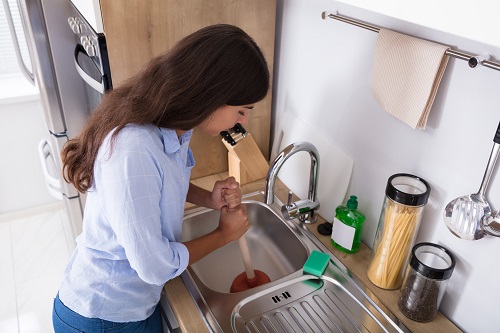Water is key in our lives. Each and every day we use and need it and perhaps pay no particular consciousness to it.
As water passes through the ground it collects minerals. These minerals make our water “hard”. Of these minerals, calcium and magnesium are key here, as they can affect the water’s ability to function in our homes properly. This water (when mixed with soaps and detergents for example), can really stunt their effectiveness. (Ladies and Gents this may be the reason your hair can appear dull and lifeless after washing)!
Soap combined with such minerals can cause a sticky curd hanging around too! Sounds gross right?!
Have you ever noticed that soapy film build up after having a bath or shower? Yep. That is due to the soup being unable to dissolve effectively and therefore leaves soap deposits hanging around and generally affects the whole washing process. (Really annoying when you are trying to get a gleaming shiny car wash finish hey)!
So, if this is affecting us and our appliances then surely it’s affecting our plumbing systems right? Of course. Calcium and magnesium deposits can build up in our pipes which can cause reduced flow to taps and appliances alike. Water heaters can also suffer as a scale build up can occur, which in turn will affect the performance of it no end.
So, what is the answer?
Very easy. Get rid of magnesium and calcium.
But how?
The answer is …a water softner.
Here is the science part! A water softener is a mechanical appliance that is plumbed into your home’s water supply system. There you go. Simple.
And some more science. All water softeners use the same operating principle and that is that they trade the minerals for something else, and in most cases that is sodium. The process is called ion exchange.
“Hard” water suggests no health hazard to us. However, if this “hard” water is causing a build up in our pipes then what is going on inside our bodies as we drink this water for example? Food for thought. Put the shoe on the other foot now because the sodium that remains in our “softened” water may be a problem for us also.
Solution?
You could install a separate water dispenser that bypasses the softener. Perhaps you don’t drink the water directly from your tap either. Win win. Anyhow, it’s all food for thought. For those of you with more ‘cash to splash’, you guys could use potassium chloride instead of salt to treat the water. This costs about three to four times more however.
Another very good point to note is that hard water can be really bad for the skin as it dries it out something harsh. If you happen to live in an area where the water is naturally hard (most of the UK); then it is certainly advisable to get a decent unit installed.
You can find out more on water softeners at TopRevs.com.







